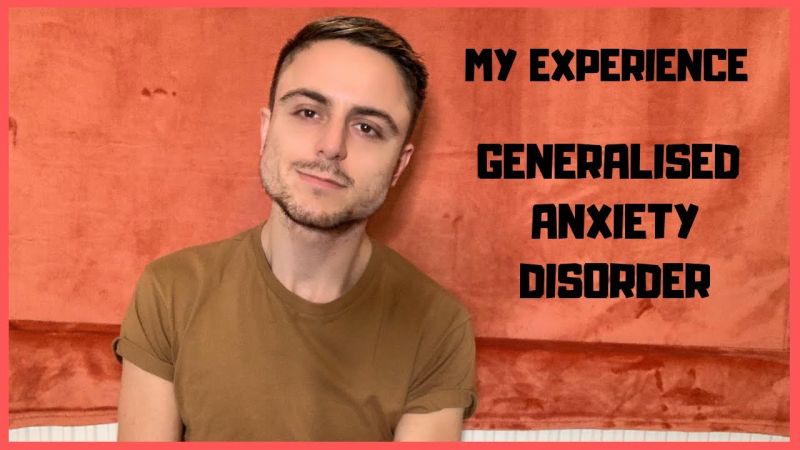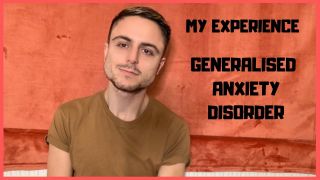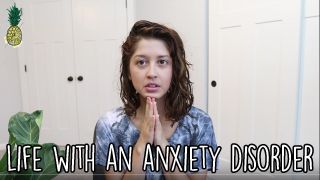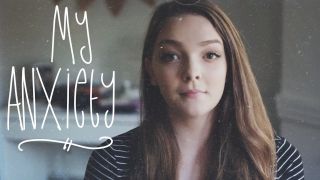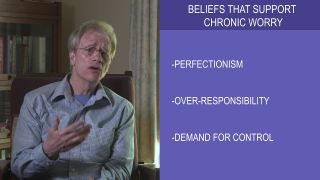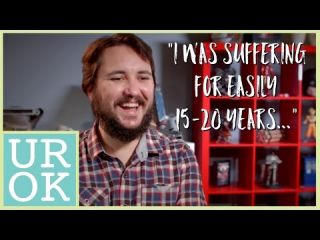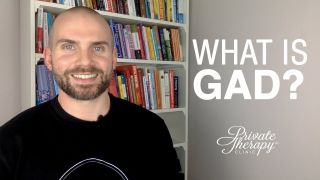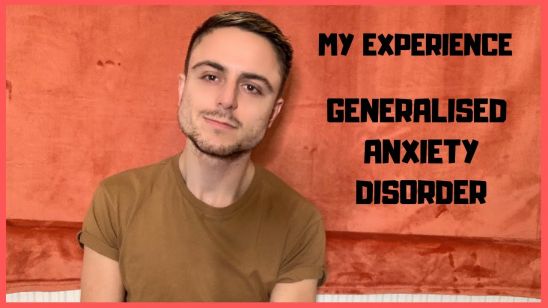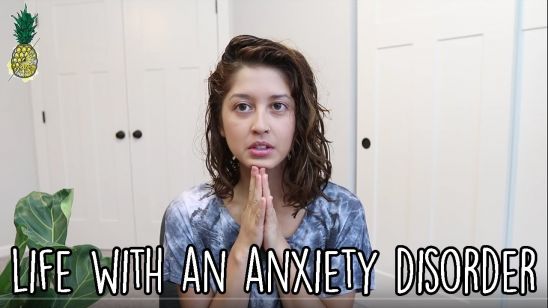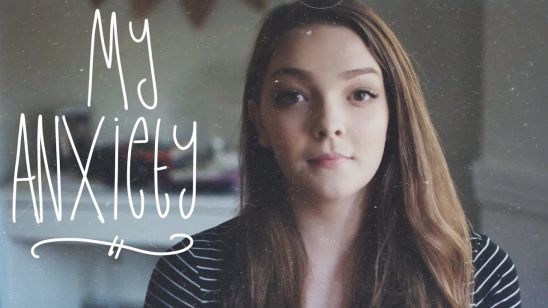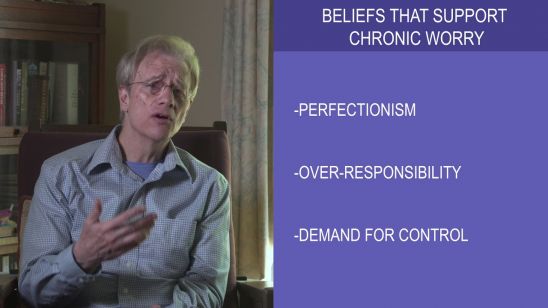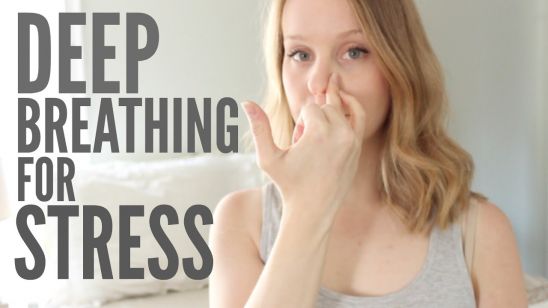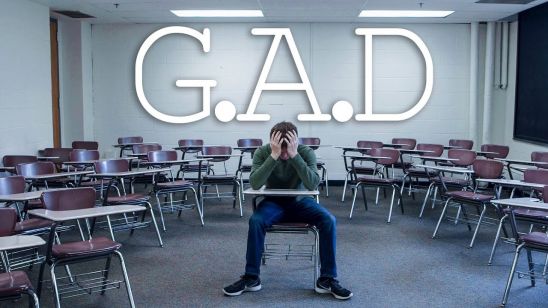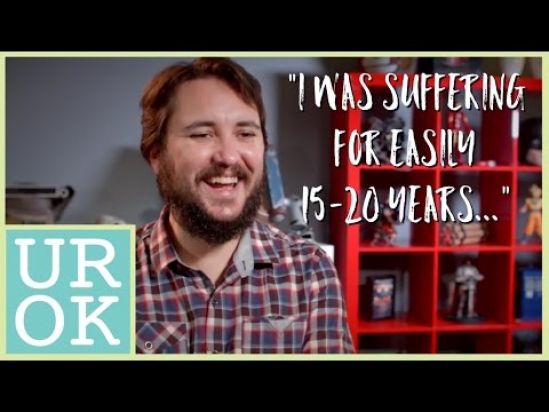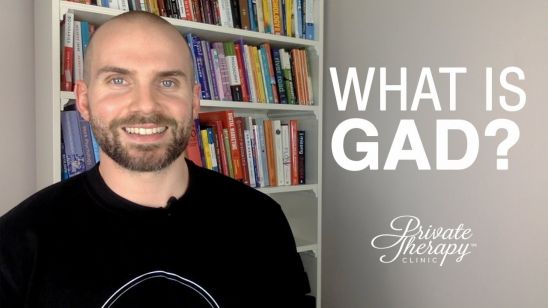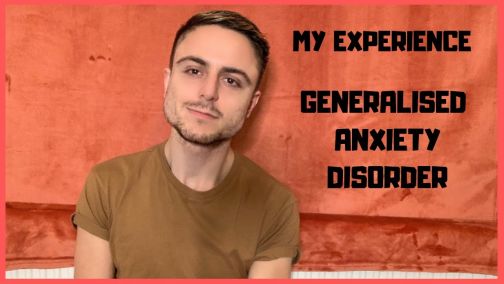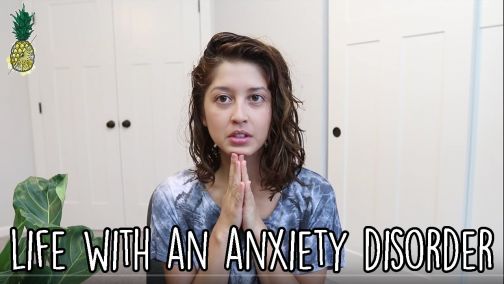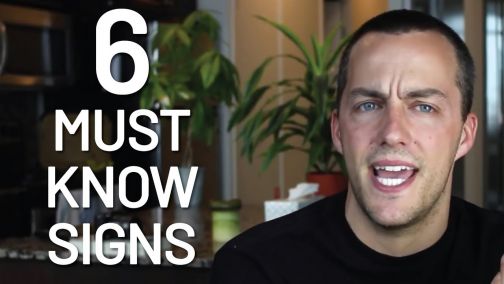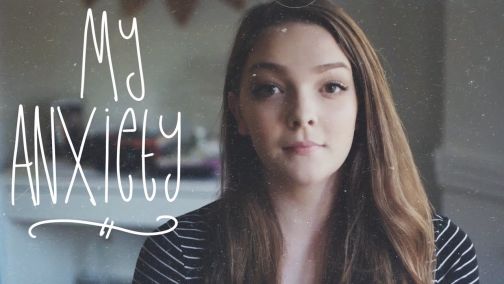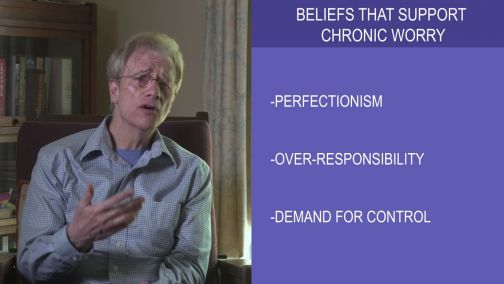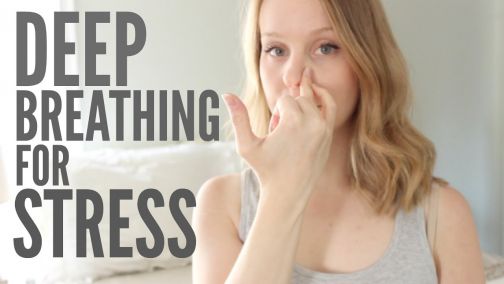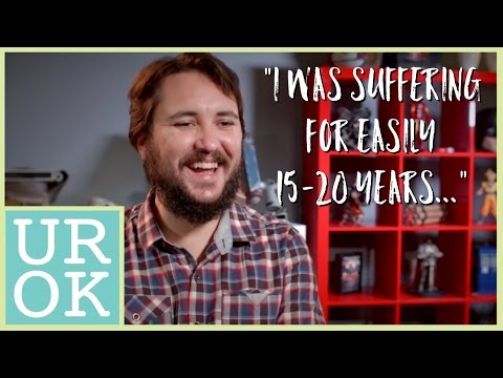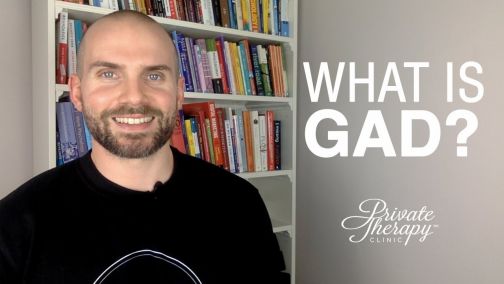Generalized Anxiety Disorder
Also known as GAD
What is it?
We all get anxious from time to time. It’s a normal response to stressful events and big life changes. But for some people, anxiety isn’t an occasional feeling. It happens intensely and all the time, even when there’s nothing to be anxious about.
This is called generalized anxiety disorder or GAD. GAD is an anxiety disorder characterized by uncontrollable worry that interferes with a person’s everyday life. People with GAD become unnecessarily anxious about things that don’t warrant a high-anxiety response. Sometimes just the thought of waking up and making it through the day can trigger an episode.
Sufferers often anticipate disaster or catastrophe (without good reason), and obsess over "what if" scenarios — what if I get fired, what if my boyfriend breaks up with me, what if I get cancer. In addition to psychological symptoms, many people with GAD experience physical anxiety symptoms as well.
GAD affects people of all genders and age groups. It commonly sets in between adolescence and middle age, and occurs alongside other mood disorders such as panic disorder, OCD and depression. It’s estimated that GAD affects roughly 6.8 million U.S. adults each year, and is more common in women than in men.
What are the symptoms?
GAD can latch onto a whole host of scenarios — going to work, taking tests, going on dates, hanging out with friends, doing bills. Some people experience more anxiety in certain settings, whereas others experience it everywhere. For example, it’s common for children and teens with the condition to have triggers that are specific to fitting in and being liked by peers. This may include walking through the school cafeteria, participating in clubs or sports teams, and riding the bus.
Common psychological symptoms include:
- Feeling persistently worried and afraid about everyday interactions
- Struggling to concentrate and complete work
- Being unable to relax and enjoy activities
- Constantly overthinking plans and responsibilities
- Obsessing over “worst case scenarios”
- Having an intense fear of failure
- Struggling to make decisions on your own
- Being unable to “let things go” and worry less
- Having trouble falling asleep or staying asleep
- Feeling a sense of impending doom
Common physical symptoms include:
- Fatigue
- Tremors
- Dry mouth
- Muscle soreness, especially in the jaw
- Teeth grinding
- Shortness of breath or rapid breathing (hyperventilation)
- Sweating
- Nausea, stomach pain or irritable bowel syndrome
- Nervousness and irritability
Anxiety is a normal part of life, but there is such thing as too much of it. If your anxiety is interfering with the things you care about, getting noticeably worse, making you depressed, or causing suicidal thoughts, you should set up an appointment with your doctor.
What are some common warning signs?
GAD is characterized by intense levels of anxiety. Because of this, a loved one with GAD might display noticeable changes in their appearance and behaviors. They might seem agitated or on edge in social settings. They might get frustrated easily, or act overly controlling. They might worry out loud or express their fears in real time. You might even notice physical symptoms such as tremors, sweating or fidgeting.
But sometimes, symptoms are less obvious. People battling chronic mental health conditions can learn to hide their pain from others. It’s possible to appear outwardly fine, while facing mental difficulties in secrecy. It’s important to remember that mental health conditions are invisible illnesses. Just because some people exhibit outward symptoms, doesn’t mean everyone will.
If you think a person in your life might have GAD, pay close attention to how they’re doing in the different facets of their life. Are they avoiding social scenarios more? Do they seem sleep deprived? Have you noticed a significant change in the things they worry about or how often they express these worries? Are they finding it hard to maintain work? If so, they might be struggling with an anxiety disorder and you should find time to talk to them about their symptoms.
What causes GAD?
The exact cause of GAD is unknown. Doctors believe a range of factors play a role in its development, including:
Genetics
Certain people are more likely to develop anxiety disorders if they have a family history of them.
Brain circuits/chemistry
Anxiety disorders have been linked to activity in an area of the brain called the Amygdala. The Amygdala is home to our Fight-or-Flight response. It’s thought that people on the anxiety disorder spectrum may have overactive or malfunctioning Amygdalas. You can learn more about that here. There may be other issues at play as well, such as misfiring stress hormones (like cortisol and adrenaline) or dysfunctional serotonin systems. These problems are all part of the Hypothalamic Pituitary Adrenal (HPA) Axis — a complex system of interactions that take place between the hypothalamus, pituitary gland and adrenal glands.
Past Trauma
Traumatic experiences are thought to impact the likelihood of developing anxiety disorders later in life. For example, someone who grew up in a turbulent home may be more anxious than someone who grew up in a supportive one.
Environmental
Being in high stress environments for extended periods of time can trigger anxiety disorders.
How is it treated?
There are two primary treatment methods for GAD — psychotherapy and medication. Healthy lifestyle habits can also help people cope. Maintaining a balanced diet, 8 hour sleep schedule, mindfulness regimen (like yoga, meditation or art therapy classes) and staying physically active, can ease the severity of symptoms. However, for many people with serious and prolonged anxiety, these adjustments won’t be enough to fully address their disorder.
The most popular psychotherapy for treating GAD is called Cognitive Behavioral Therapy (CBT). CBT is a therapeutic model that challenges negative thinking patterns and behaviors. It’s rooted in the idea that our attitudes greatly impact how we think and behave. In CBT, a therapist will help you replace negative thinking patterns and behaviors with more positive ones, in order to better manage worry and fear.
SSRIs, or selective serotonin reuptake inhibitors, are a form of antidepressant medication used to treat major depressive disorders and anxiety conditions. They work by enhancing your brain’s natural serotonin activity in hopes of increasing levels of happiness and pleasure. Well known examples include Lexapro, Prozac, Paxil and Zoloft.
However, SSRIs aren’t the only kind of antidepressant. Alternative options like serotonin-norepinephrine reuptake inhibitors (SNRIs), atypical antidepressants, tricyclic antidepressants, and monoamine oxidase inhibitors (MAOIs) might be a better fit for certain people. In some cases, a doctor will prescribe mood stabilizers or antipsychotics in addition to an antidepressant.
An alternative to antidepressants, are anti-anxiety medications known as Benzodiazepines (i.e. Klonopin, Ativan, Xanax, etc.) These are normally used to provide short-term anxiety relief, and are not recommended for individuals who struggle with substance abuse problems as they can lead to a physical addiction.
It’s important to remember that treatment plans are personalized. If you’re seeking help, make sure you work one-on-one with a doctor to create a plan that fits your needs. Just because a medication or therapy helps someone else recover, doesn’t mean it’ll be the right solution for you. Don’t ever feel guilty about asking for help, taking meds or going to therapy. Addressing your mental health is a productive and courageous thing to do.
How can I help a loved one with GAD?
It can be hard to know how to react when someone you love isn’t doing well. Do they want to talk about it, or would they prefer to keep their experiences private? Will you push them away by starting the conversation?
There are no easy answers to these questions. Every person handles their mental health differently. That said, we all want to feel loved and supported. Showing someone that you’re invested in their wellbeing can make a world of difference. Here are some ways to do so:
Educate yourself
Read up on symptoms, treatment options, and healthy living recommendations. Try and understand what your loved one is going through so you are better equipped to talk to them about it. This will also make you a valuable resource when it comes time to find treatment.
Encourage healthy living
Sleeping well, eating nutritional foods, staying active and limiting substance use can be game changers for someone with anxiety. If they’re surrounded by people who promote this kind of lifestyle, they’re more likely to form healthy habits of their own. Try joining a fitness class together, or cooking meals at home using healthy ingredients.
Advocate treatment
Asking for help can be hard. Societal stigma often keeps people from opening up to others about their symptoms. Support your loved one by helping them research different treatment methods, or doctors in their area. If they’d like, go to a few sessions with them. Remind them that there’s nothing weird about getting help, and that you’re proud of them for following through.
Listen
It’s common for people battling anxiety to feel alone. Make time for meaningful conversations. Ask them how they’re doing. Let them talk and make sure to not discount their emotions. It is not your job to fix them, just to be there.
Don’t tell them to calm down
People with anxiety are often told to “get over it”, “worry less” or “chill out.” These statements downplay the emotions they’re feeling, and won’t help lessen their symptoms. Let them vent without judging.
Be patient
Don’t take it personally if they lash out at you, don’t answer text messages or socialize less. They are battling something that’s very hard to overcome. Their distance has nothing to do with who you are as a person. Keep showing up for them even when it feels like it’s not helping. The act alone lets them know that they have people in their life who care.
What other resources are out there?
Want to learn more, find a doctor, join a support group or speak to a counselor? The below resources might be able to help:
- Crisis Text Line
- BetterHelp
- Psychology Today Directory
- American Psychiatric Association
- Medicaid Eligibility Information
- Open Path Collective
- Resources for POC, LGBTQ+ and disabled individuals
- Anxiety and Depression Association of America
- National Network of Depression Centers
- Medicine Assistance Tool
- NeedyMeds
- Erika's Lighthouse
- Anxiety Network
- Anxiety Central Forums
- Social Anxiety Association
- National Social Anxiety Disorder Center
- Social Anxiety Institute
Support our work
We’re on a mission to change how the world perceives mental health.
